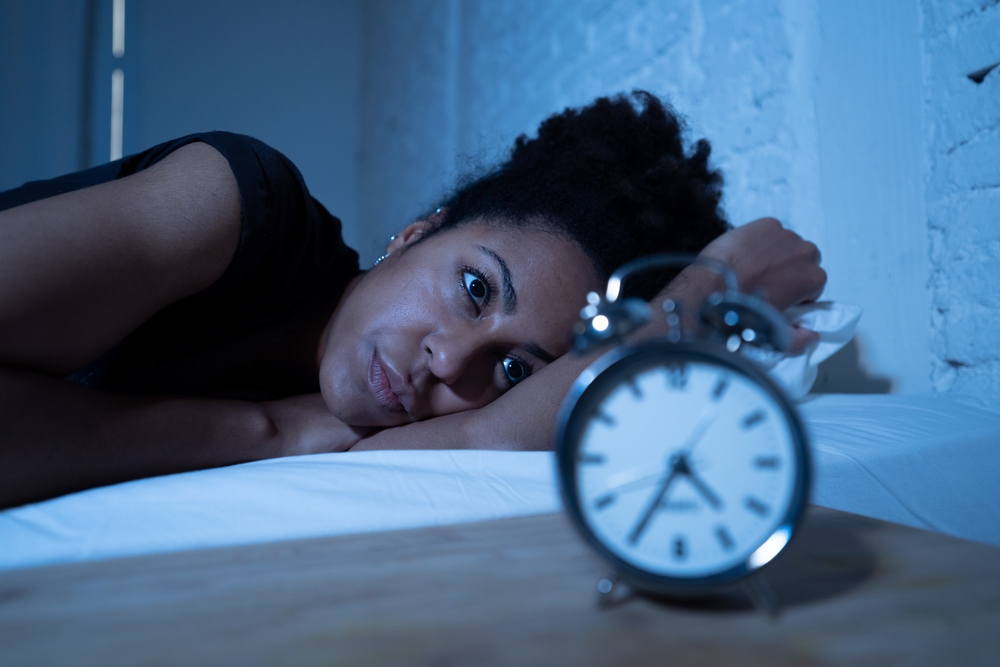It messes with your hormones, slows down metabolism, and makes high-calorie junk food almost impossible to resist. The connection between sleep and weight gain isn’t just a theory—it’s backed by science. If you’ve ever noticed yourself reaching for sugary snacks or greasy fast food after a rough night, it’s not just in your head.
Poor sleep triggers a chain reaction in the body that leads to overeating, fat storage, and a slower metabolism. Over time, this can increase the risk of obesity, diabetes, and other health complications. If you’re struggling with weight management, the answer may not be in another diet but in getting better sleep.
Your hunger hormones go haywire
Sleep is like a reset button for your body, and when you don’t get enough of it, your hunger hormones go out of control. Two major players, ghrelin and leptin, determine when you feel hungry and when you feel full. Ghrelin sends the “I’m hungry” signal, while leptin tells your brain you’ve had enough.
When you’re sleep-deprived, ghrelin levels skyrocket, making you feel hungrier than usual. At the same time, leptin levels drop, meaning your body doesn’t get the signal to stop eating. This imbalance can cause constant cravings, leading to frequent snacking and consuming more calories than your body needs.
The result? Uncontrollable hunger and nonstop snacking.
Junk food becomes your best friend
Not only does sleep deprivation make you hungrier, but it also rewires your brain to crave unhealthy foods. Studies show that when people don’t get enough sleep, the brain’s reward system becomes more sensitive to high-calorie foods. This means processed snacks, sugary treats, and fried meals become irresistible after a night of poor sleep.
The prefrontal cortex, the part of the brain responsible for decision-making and self-control, also becomes weaker when you’re sleep-deprived. This makes it harder to resist cravings and stick to healthy eating habits. That’s why you’re more likely to choose donuts, fries, or pizza instead of a balanced meal.
It’s not just a willpower issue—your brain is actively pushing you toward junk food.
Midnight snacks pack on pounds
The longer you stay awake, the more chances you have to raid the fridge. Late-night snacking isn’t just about extra calories—it’s about timing. The body burns fewer calories at night, so anything you eat is more likely to be stored as fat.
People who sleep less tend to consume more late-night meals, which increases daily calorie intake. On top of that, sleep deprivation lowers the body’s ability to process sugar efficiently, leading to higher blood sugar levels and fat accumulation.
Over time, this can lead to insulin resistance, which increases the risk of obesity and type 2 diabetes. The more frequently you lose sleep, the more your body struggles to regulate weight.
Your metabolism slows down
Even if you eat the same amount of food, lack of sleep can still make you gain weight. Why? Because your metabolism slows down when you’re sleep-deprived. Your body conserves energy, meaning it burns fewer calories throughout the day.
At the same time, sleep loss increases cortisol, the stress hormone. Cortisol plays a key role in fat storage, especially around the belly. High cortisol levels tell your body to hold on to fat rather than burn it for energy. This combination of slower metabolism and increased fat storage makes weight gain much easier.
It’s a perfect storm: more hunger, slower metabolism, and extra fat accumulation.
Sleep loss affects physical activity
A poor night’s sleep doesn’t just affect your diet—it also reduces energy levels, making it harder to stay active. People who don’t get enough sleep are more likely to skip workouts or feel sluggish during exercise. This leads to less calorie burning and muscle loss over time.
When you’re well-rested, your body recovers better from physical activity, builds muscle efficiently, and burns more fat. Without enough sleep, your body struggles to maintain a healthy balance between energy intake and expenditure.
How to stop the weight gain cycle
The good news? Fixing your sleep habits can help break the cycle. Here’s how:
- Aim for 7-9 hours of quality sleep – Make it a priority.
- Stick to a schedule – Going to bed and waking up at the same time helps regulate hormones.
- Cut back on screens before bed – Blue light from phones and TVs disrupts sleep.
- Limit caffeine and sugar in the evening – Stimulants can keep you awake.
- Create a relaxing bedtime routine – Reading, meditating, or stretching can help signal sleep time.
- Be mindful of late-night eating – Avoid heavy meals and sugary snacks before bedtime.
- Get regular exercise – Physical activity helps improve sleep quality and metabolism.
Getting enough rest isn’t just about feeling refreshed—it’s about keeping your weight and health in check. Sleep well, and your body will thank you.
















